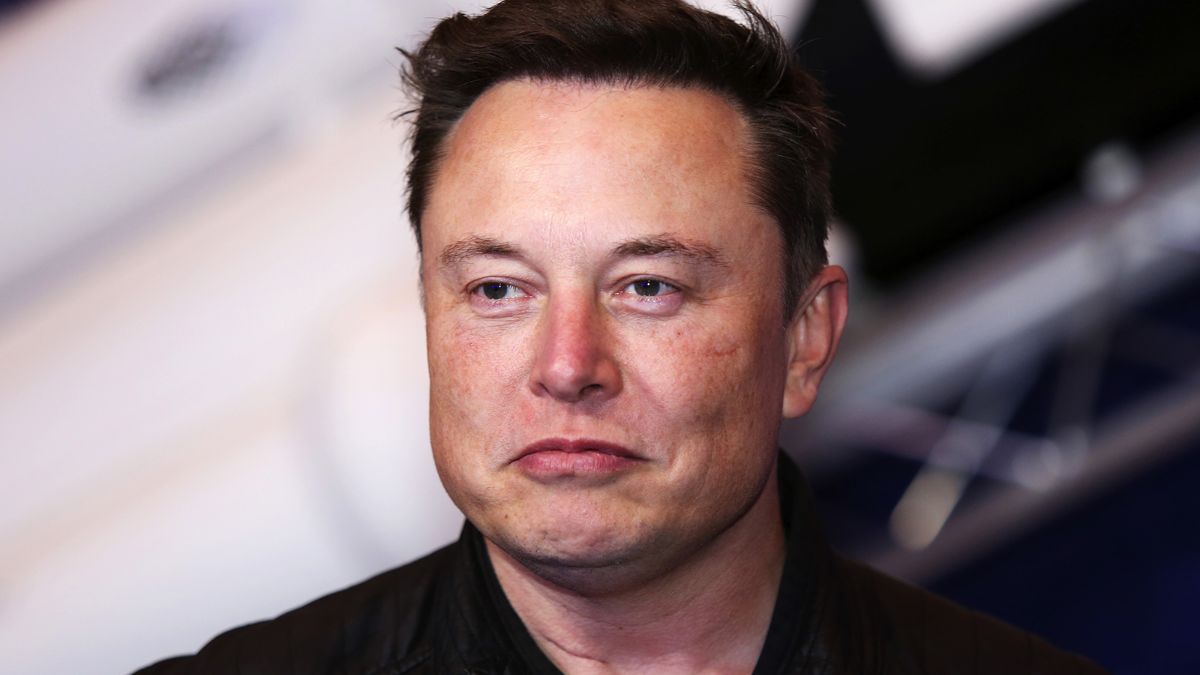In a startling legal move, Elon Musk, the renowned tech entrepreneur, has initiated legal proceedings against OpenAI, the Microsoft-backed artificial intelligence research organization, and its CEO Sam Altman, alleging breach of contract and deviation from the company’s original mission.
The lawsuit, filed in a San Francisco court, contends that Musk was approached by Altman and OpenAI co-founder Greg Brockman in 2015 to establish a nonprofit laboratory dedicated to developing artificial general intelligence (AGI) for the betterment of humanity. Musk, a co-founder of OpenAI at the time, agreed to this vision, aligning with his longstanding advocacy for responsible AI development.
However, Musk’s legal team argues that OpenAI has strayed from its founding principles, transforming into a closed-source entity prioritizing profits for Microsoft, its largest investor. The lawsuit accuses OpenAI of abandoning its commitment to developing AGI for the benefit of humanity and instead focusing on refining AI technologies to maximize financial gains for Microsoft.
In response to the lawsuit, OpenAI was not immediately available for comment, while Microsoft declined to provide a statement on the matter.
The legal action underscores the escalating tensions between Musk and Altman, two influential figures in the technology landscape, amid heightened scrutiny over the ethical implications of AI advancement.
Meanwhile, Microsoft’s involvement with OpenAI has attracted regulatory attention, particularly from EU antitrust regulators, over the reported $13 billion investment in the organization. This scrutiny coincides with Microsoft’s recent partnership with French start-up Mistral AI, aimed at unlocking new commercial opportunities and expanding global market presence.
The lawsuit between Musk and Altman comes at a pivotal moment in the AI industry, characterized by unprecedented hype and rapid technological advancements. OpenAI’s ChatGPT, a chatbot launched in November 2022, has garnered significant attention, emerging as one of the fastest-growing consumer applications in history. However, the lawsuit raises questions about the ethical responsibilities of AI developers and the alignment of their actions with societal interests.
As the legal battle unfolds, it underscores the need for robust governance frameworks and ethical guidelines to ensure that AI technologies are developed and deployed in a manner that prioritizes the well-being of humanity. Musk’s lawsuit against OpenAI serves as a stark reminder of the complexities and challenges inherent in navigating the ethical landscape of AI innovation.


